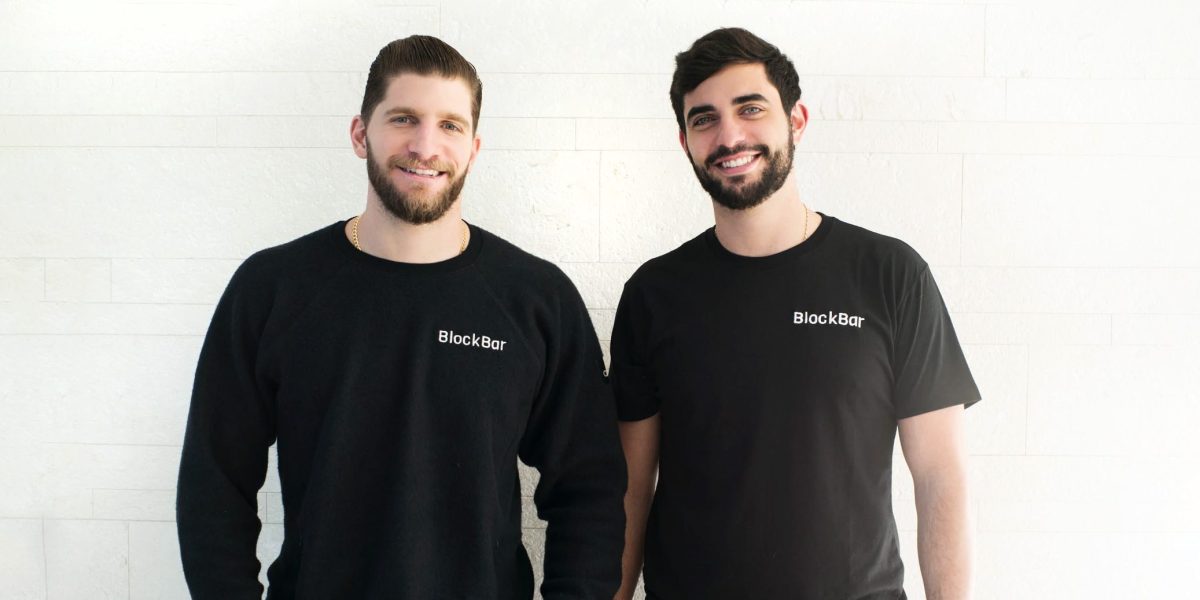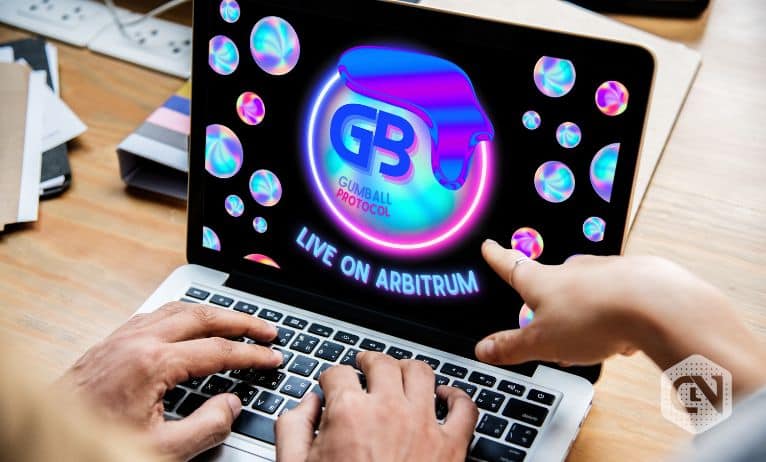Welcome to “This week in the metaverse,” where Fortune rounds up the most interesting news in the world of NFTs, culture, and the metaverse. Email marco.quiroz-gutierrez@fortune.com with tips.
The world of luxury wines and liquors has an authenticity problem.
The 2016 documentary Sour Grapes, which centered around a wine counterfeiter that conned collectors out of millions of dollars, showed that when it comes to luxury alcohol, it’s sometimes hard to know what you’re actually buying. In another case, more than one-third of a batch of 55 rare vintage Scottish whisky bottles were found to be fake after being tested by Scottish Universities Environmental Research Centre in 2018.
One company, BlockBar, is trying to solve this problem by selling NFTs tied to collectible bottles of liquor and wine from brands like Johnnie Walker, Hennessy, and Rémy Martin. Instead of buying and selling physical bottles through an auction, collectors can cut out the middleman and use crypto to buy the alcohol as an NFT on BlockBar’s marketplace, CEO and co-founder Dov Falic told Fortune.
This also widens the pool of possible buyers for the high-end wine and spirits, Falic said, which could pay off for investors in the long run.
“Luxury wine and spirits have performed better than the S&P 500, better than luxury watches, but it’s just such a small space that only certain people have access to,” he said.
It might seem weird to not be able to touch a bottle you may have paid hundreds of dollars for, but Falic said it could be a plus for collectors who may not have experience with storing alcohol. BlockBar stores the bottles in one of two rooms (one for wine and one for liquor) in Singapore that are temperature controlled.
“You just don’t want to store so much value in your home, if you’re looking at it as an investment,” he said.
Those collectors who look at a wine or spirit as more than just an investment can redeem their NFT for the actual bottle, but BlockBar will then burn the NFT, preventing the buyer from reselling the alcohol on a secondary market (at least through an NFT).
Valerii Veduta and his family were displaced after Russia’s invasion of Ukraine in February, but he’s been living through the effects of the war for much longer.
“I’m almost born and raised as an artist in this war,” he told Fortune.
Veduta hails from a small village in southern Ukraine on a land barrier called Arabat Spit, which sits between the Crimean Peninsula and the Sea of Azov. When Russia illegally annexed Crimea in 2014, it created a border right through this land, which he knows well. Veduta took this disputed border as the inspiration for his first photo collection, Gray Contour, which captured non-military items that could look like military equipment at night.
Flash forward to 2022, and Veduta has returned to Kyiv and just released the NFT project War Times Family Album that portrays the hardship inflicted on his family by the invasion.
The collection, which is for sale on the digital art marketplace Voice, is made up of a series of photographs from Kyiv, including a picture of a bombed apartment building near his home and a picture of his wife and his son playing cards by a window in between air strike alerts.
Veduta developed all of the photos with Ukrainian soil as a printing pigment to give them a yellowish tint before turning them into NFTs, which reflect their lives during the invasion, he said.
“It more involves willing to live,” Veduta said.
Meta, the social media giant that’s dedicated billions to its metaverse endeavors, was ordered by U.K. regulators this week to sell the animated images company Giphy. This is the first time Meta has had to unwind one of its acquisitions, and it’s a bump in the road for a company also facing reports of Horizon Worlds’ lackluster popularity.
Crypto Winter has also sent a chill through the metaverse land market, with Bloomberg reporting data from analytics company WeMeta that shows the average prices for land in Decentraland and The Sandbox dropped by 80% from early November 2021 to the beginning of October. Still, some have taken advantage of the price drops to buy.
Is your company hiring a chief metaverse officer? As Bloomberg reporter Matthew Boyle put it, the companies hiring for this position, like LVMH and P&G, are looking for a point person for their efforts. Those brands are chasing consumers more than they are planning for how the metaverse will change how they work. “They are very much looking at this as a branding opportunity, down the line, a way to get closer with customers,” Boyle said on the Bloomberg Crypto podcast Thursday.
Big fan of poker? What about NFTs? Now you can combine both with Bored Ape Yacht Club-themed playing cards by Bicycle. The more-than-130-year-old brand secured Bored Ape #1227 in June and will put the picture on cards sometime next year.
Paris Hilton’s content company 11:11 Media launched a metaverse experience called Cryptoween in Roblox this week and expanded it to The Sandbox on Friday. By collecting halloween candy and playing mini games, players will get to participate in a raffle that will grant them a chance to win the platform’s cryptocurrency SAND and NFTs.
Sign up for the Fortune Features email list so you don’t miss our biggest features, exclusive interviews, and investigations.
© 2022 Fortune Media IP Limited. All Rights Reserved. Use of this site constitutes acceptance of our Terms of Use and Privacy Policy | CA Notice at Collection and Privacy Notice | Do Not Sell My Personal Information | Ad Choices
FORTUNE is a trademark of Fortune Media IP Limited, registered in the U.S. and other countries. FORTUNE may receive compensation for some links to products and services on this website. Offers may be subject to change without notice.
S&P Index data is the property of Chicago Mercantile Exchange Inc. and its licensors. All rights reserved. Terms & Conditions. Powered and implemented by Interactive Data Managed Solutions.


